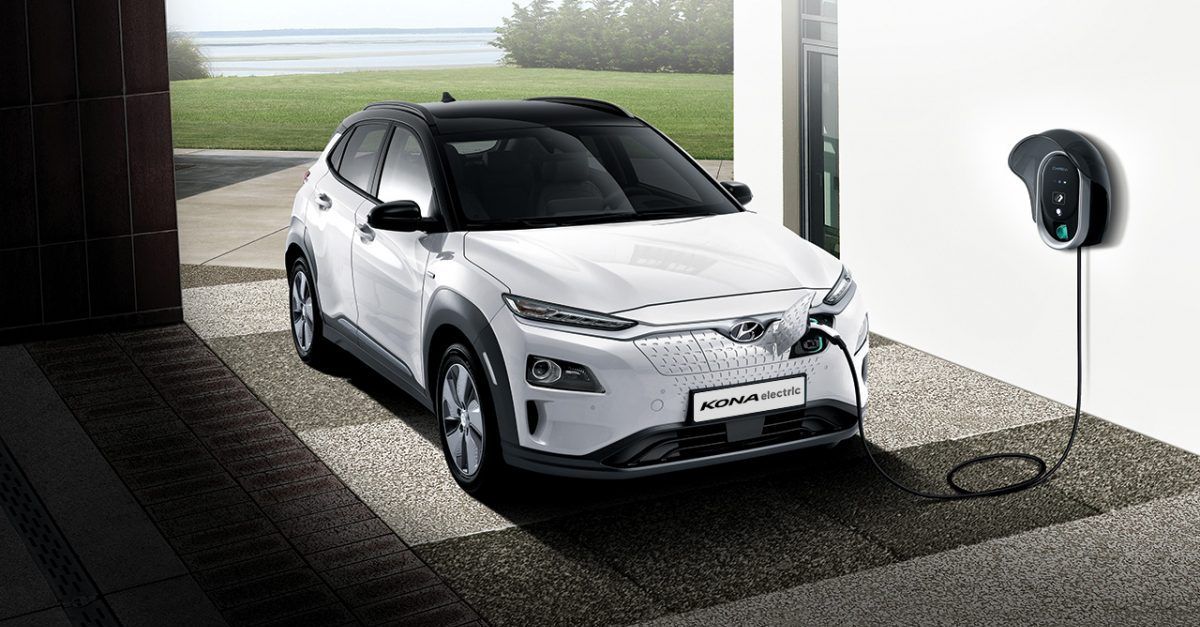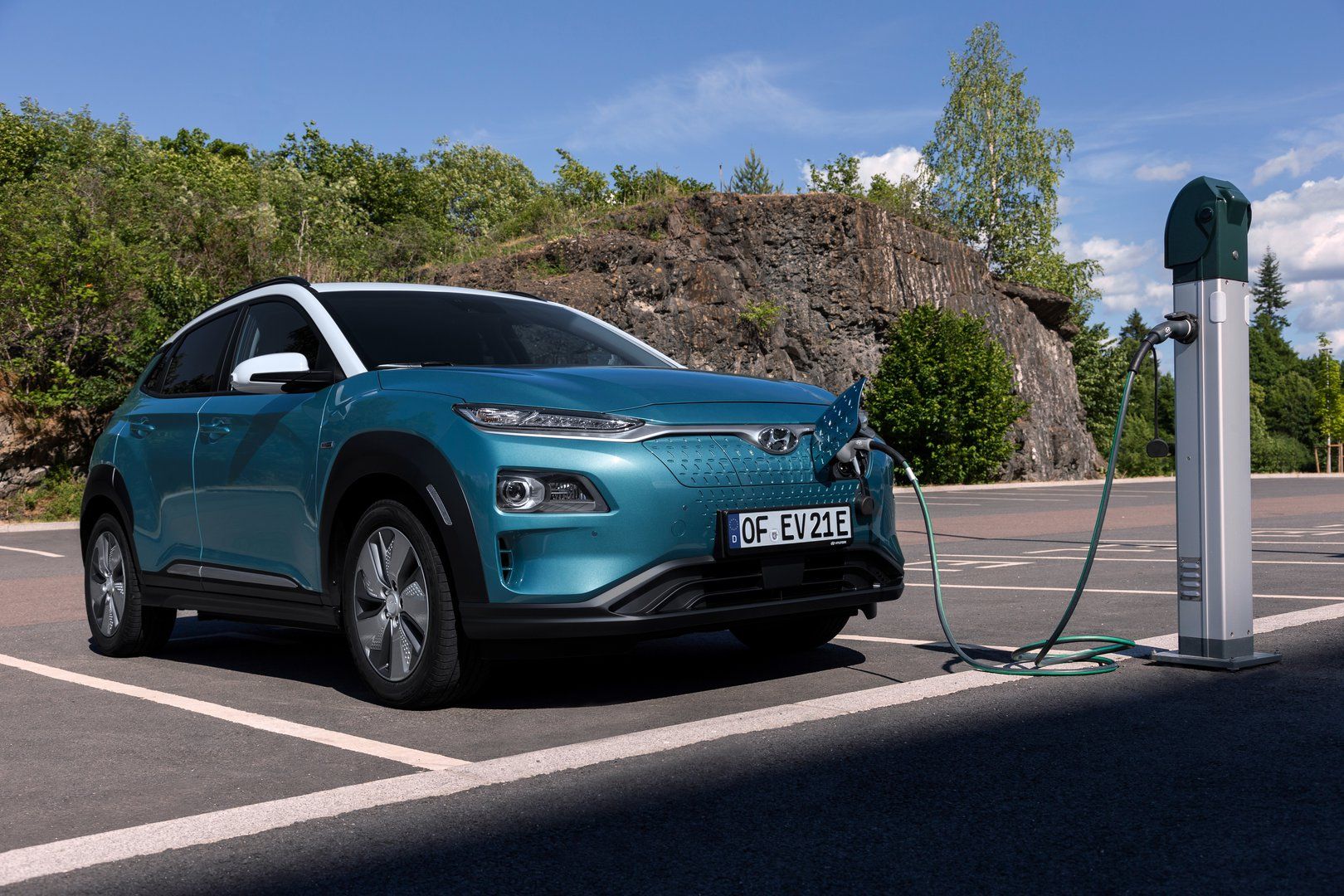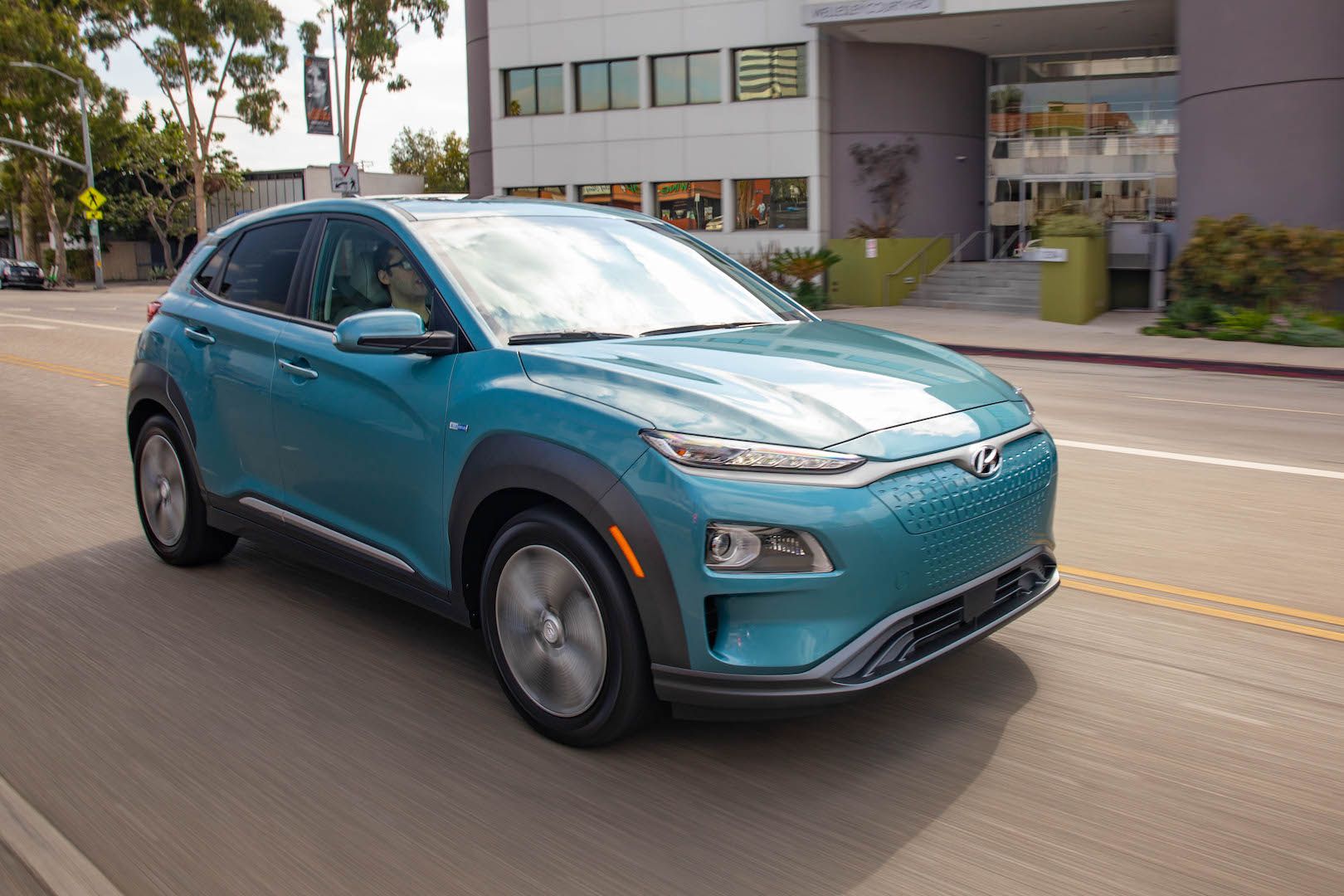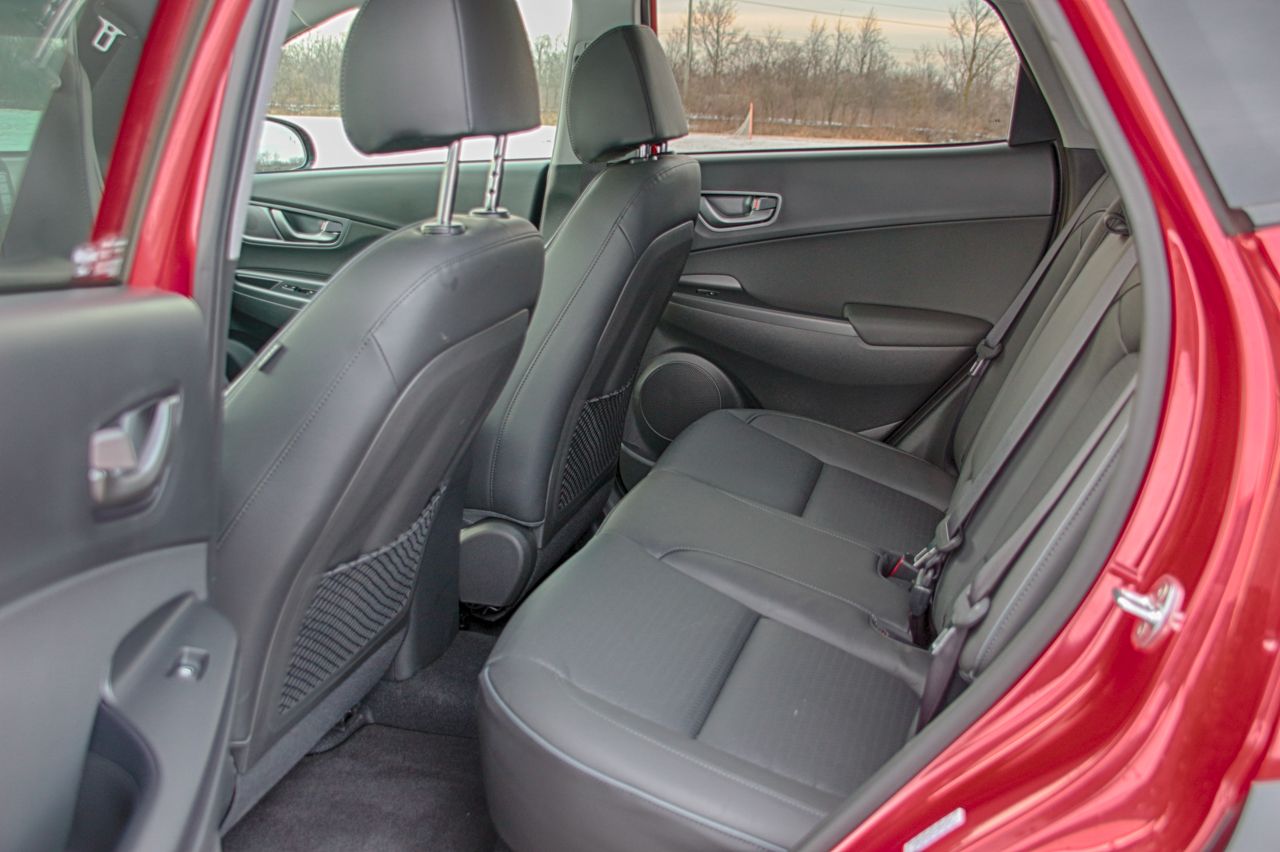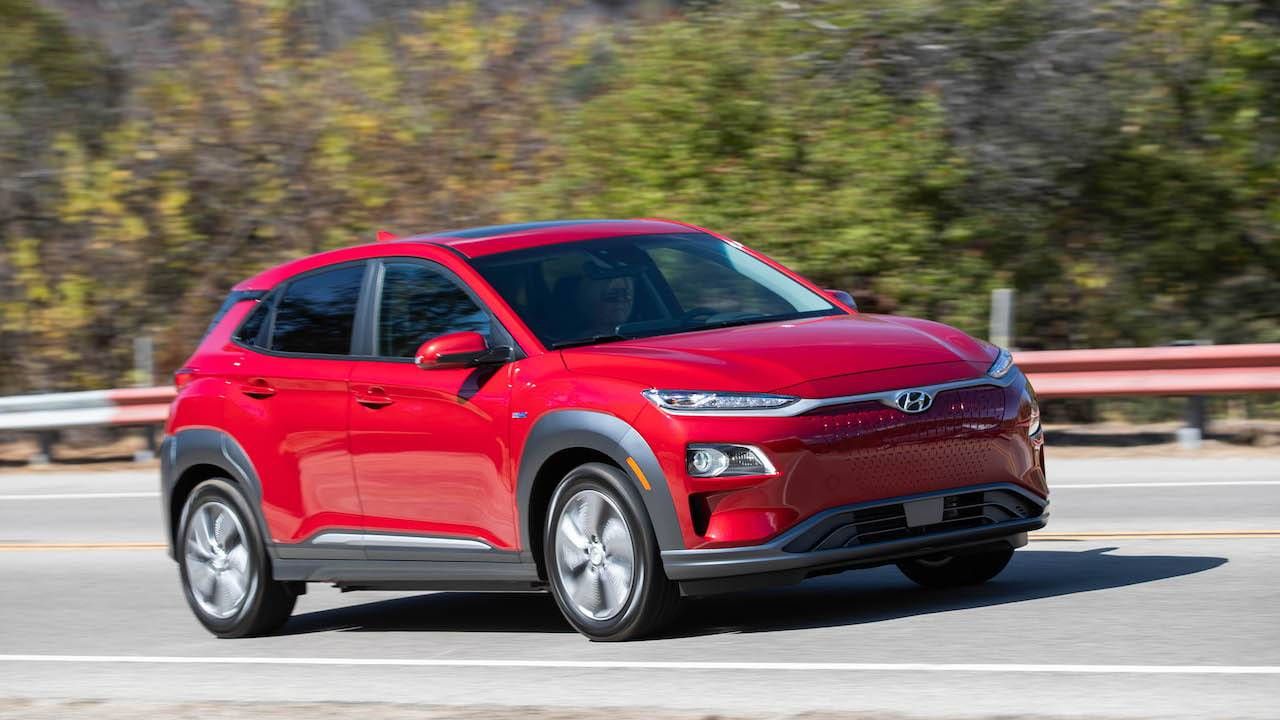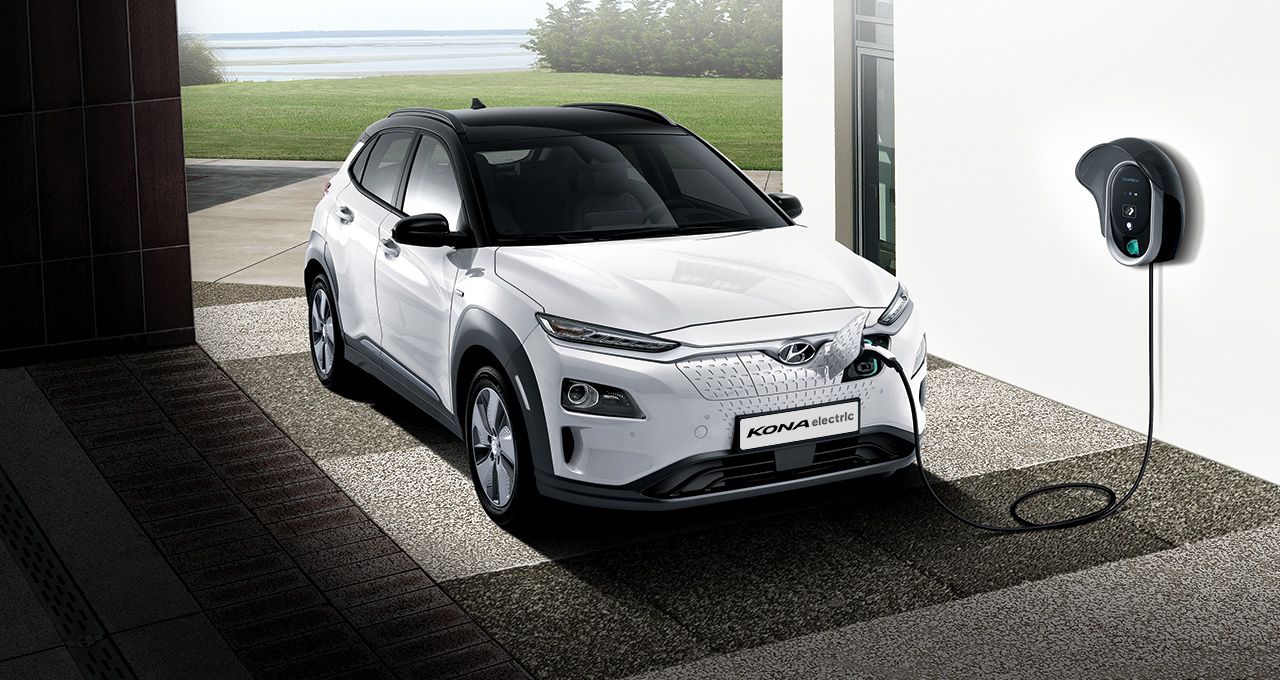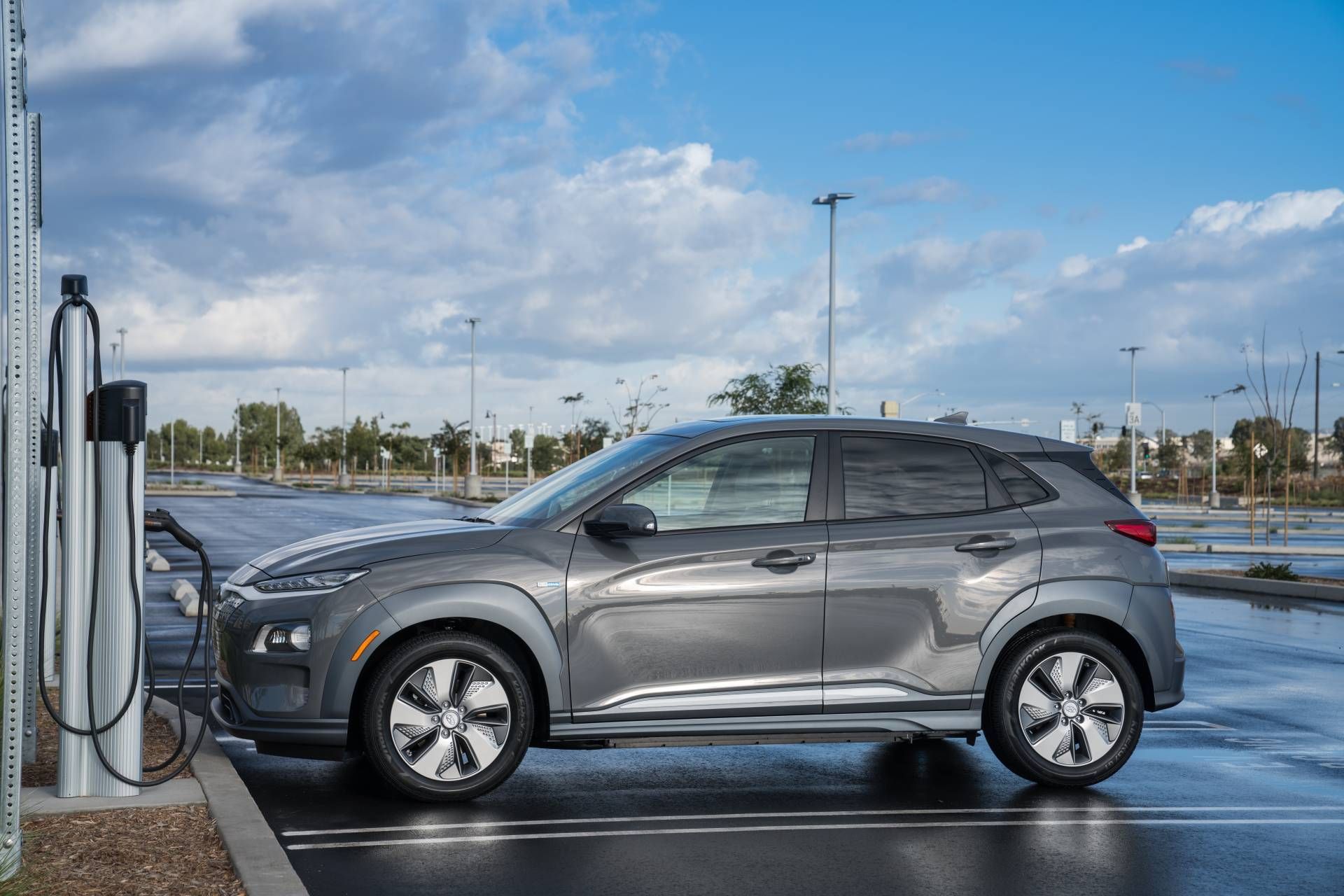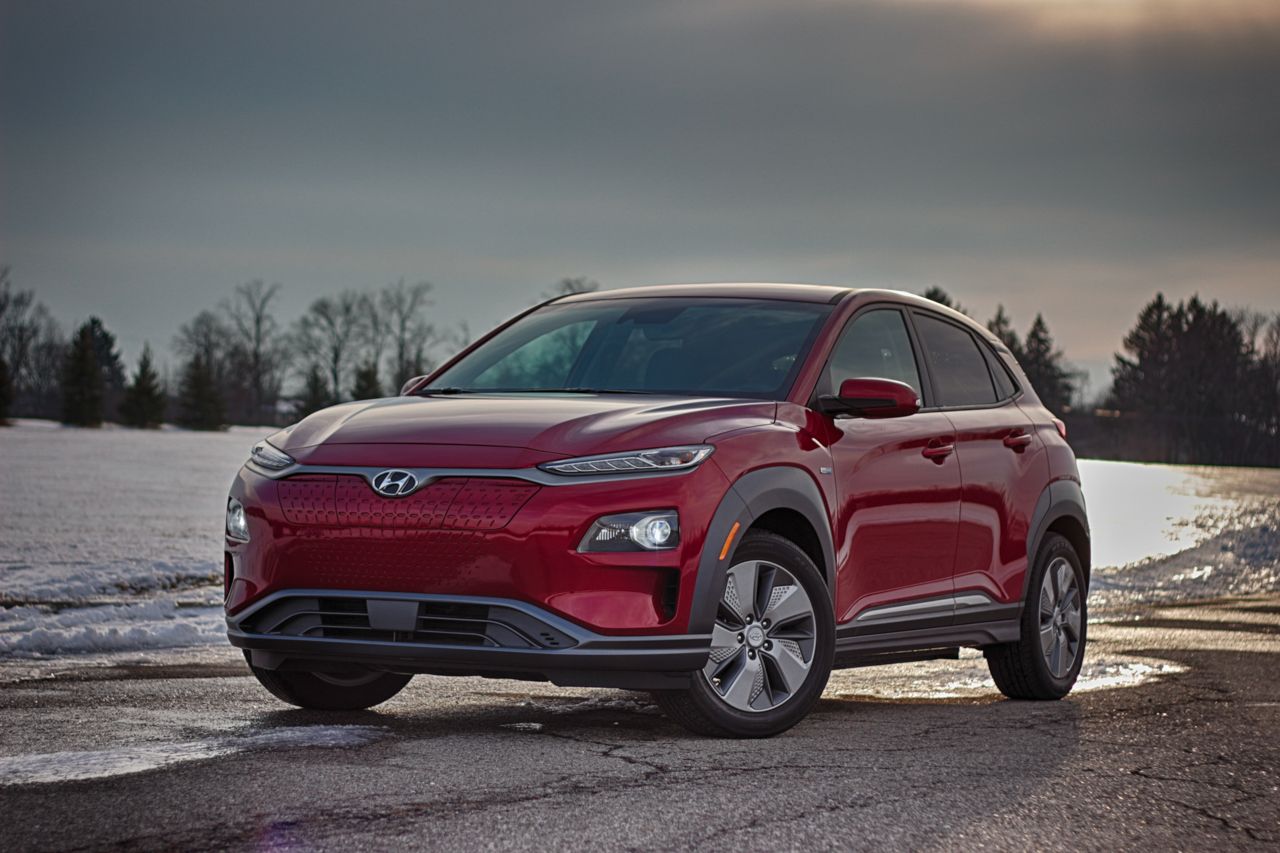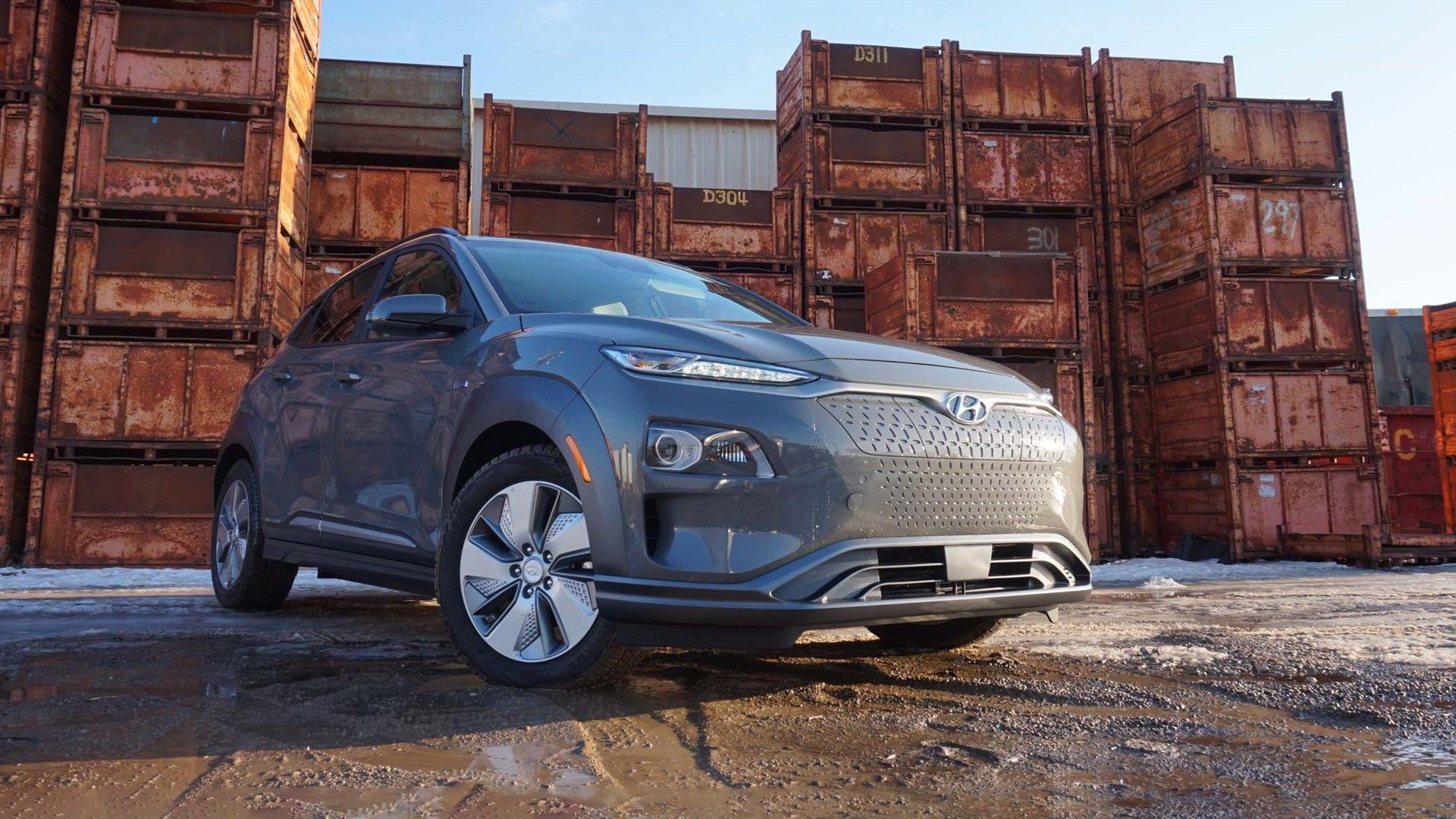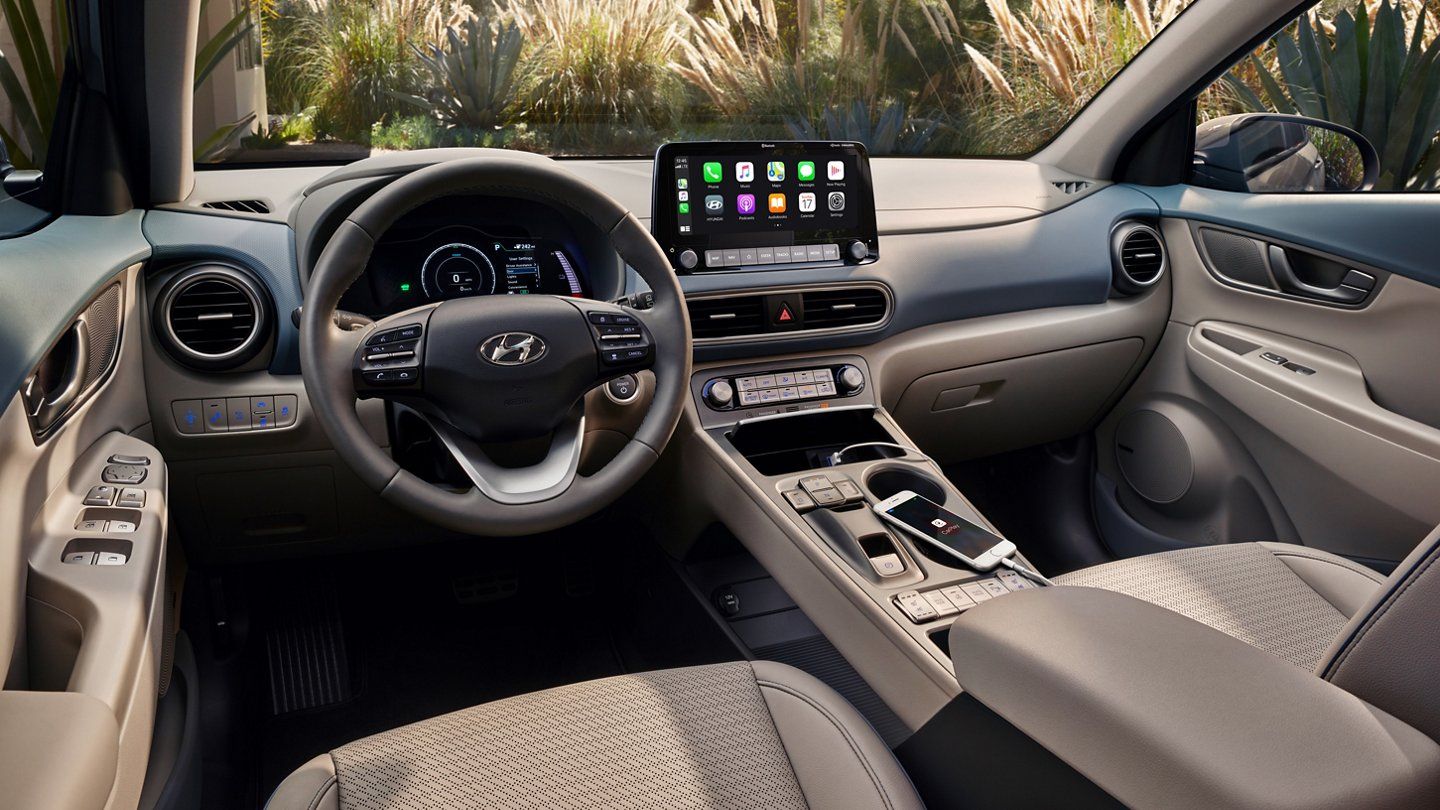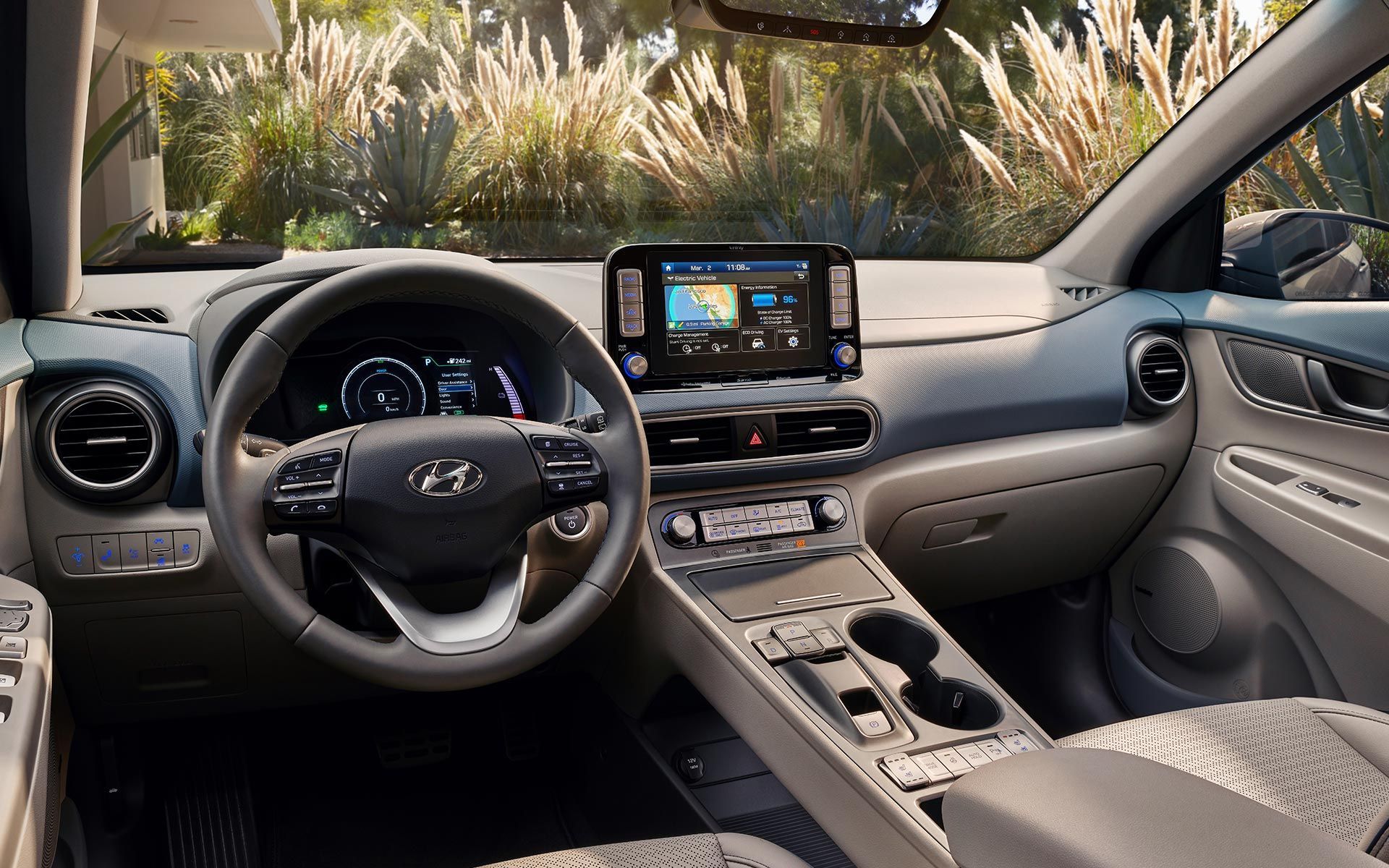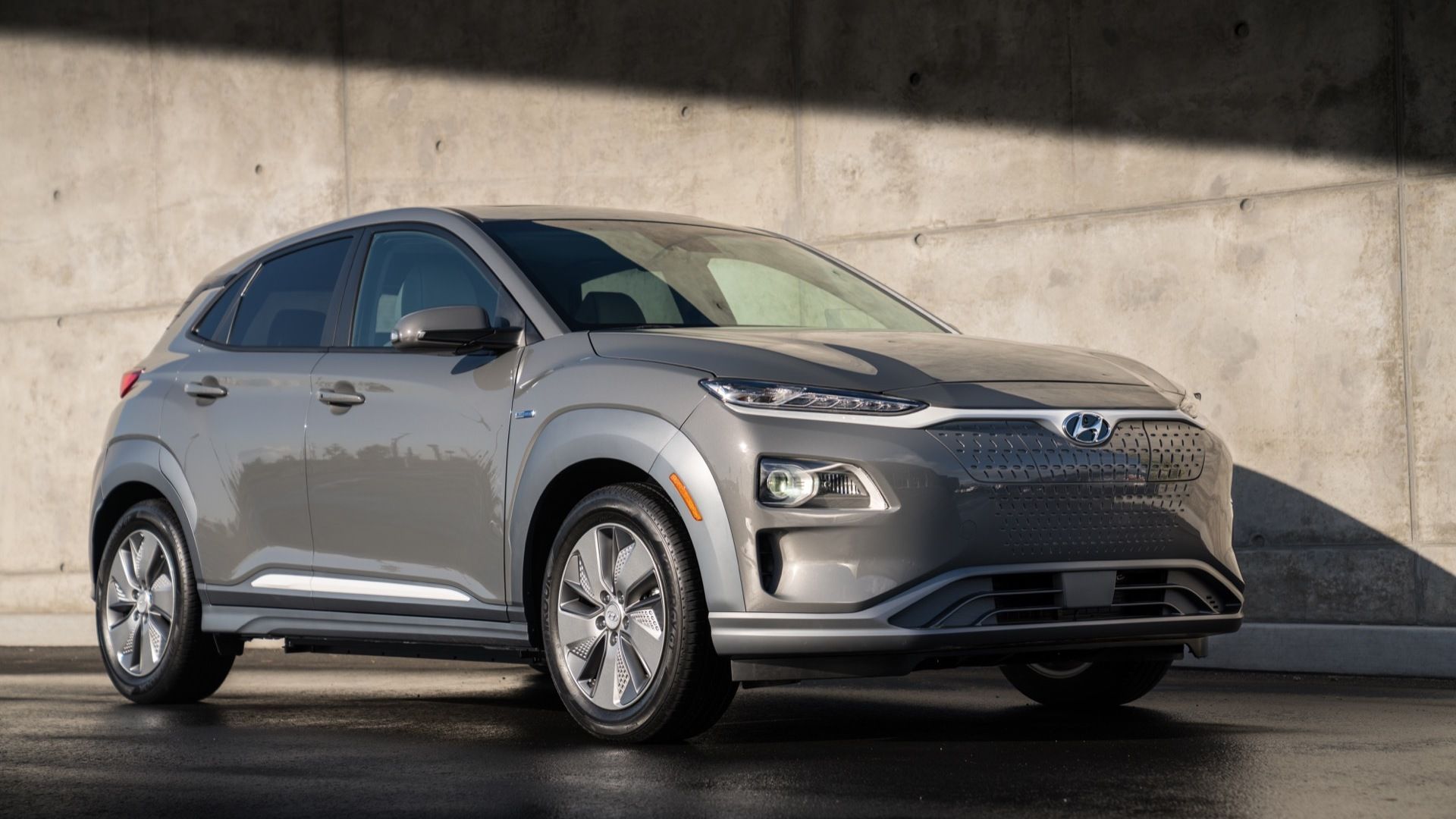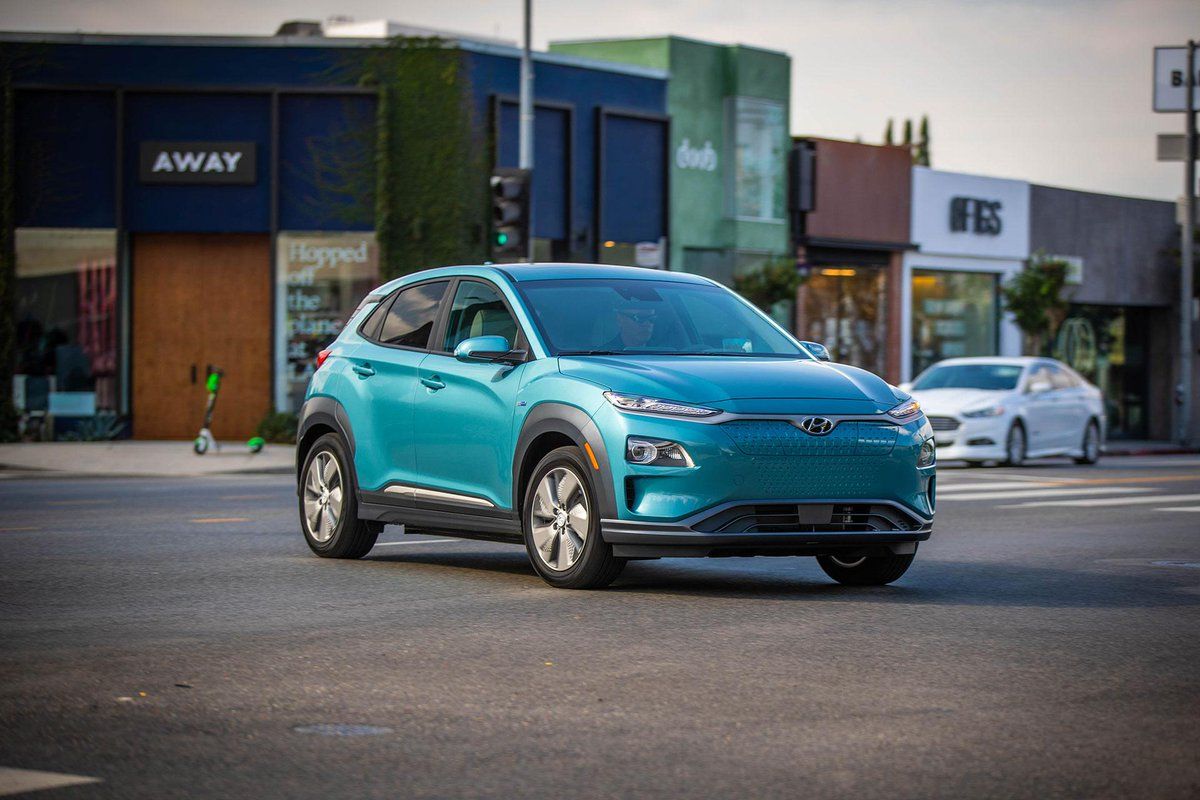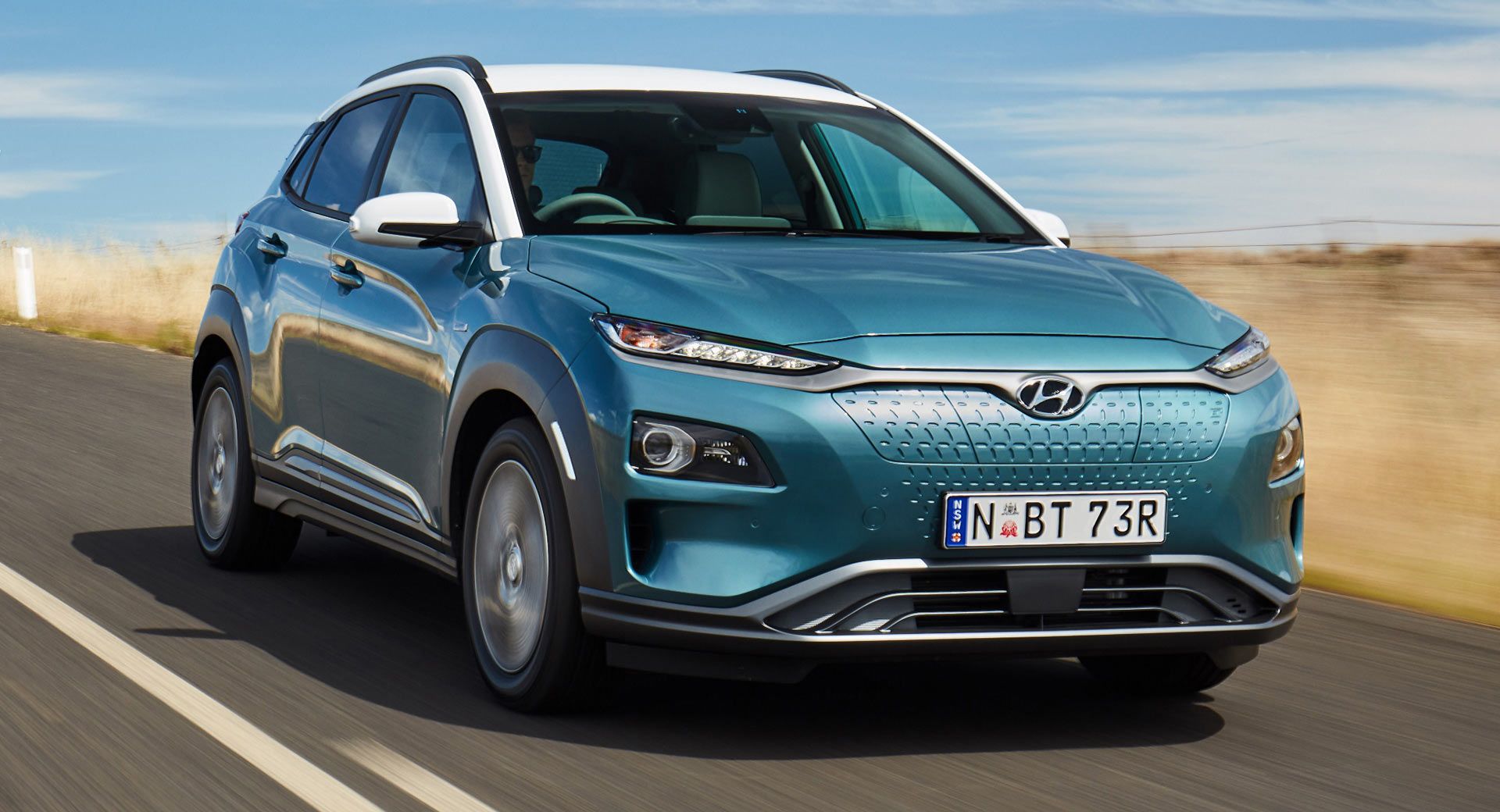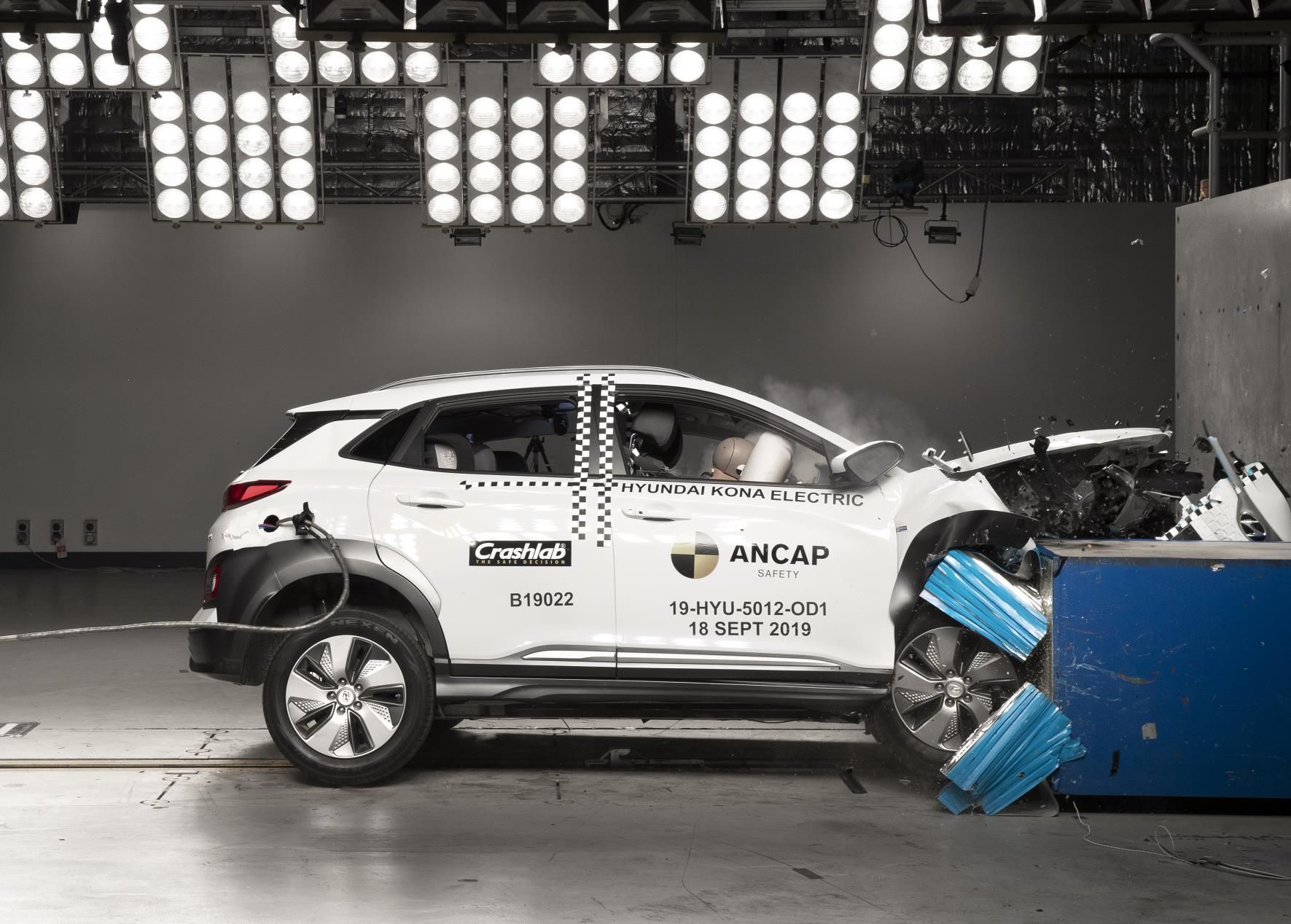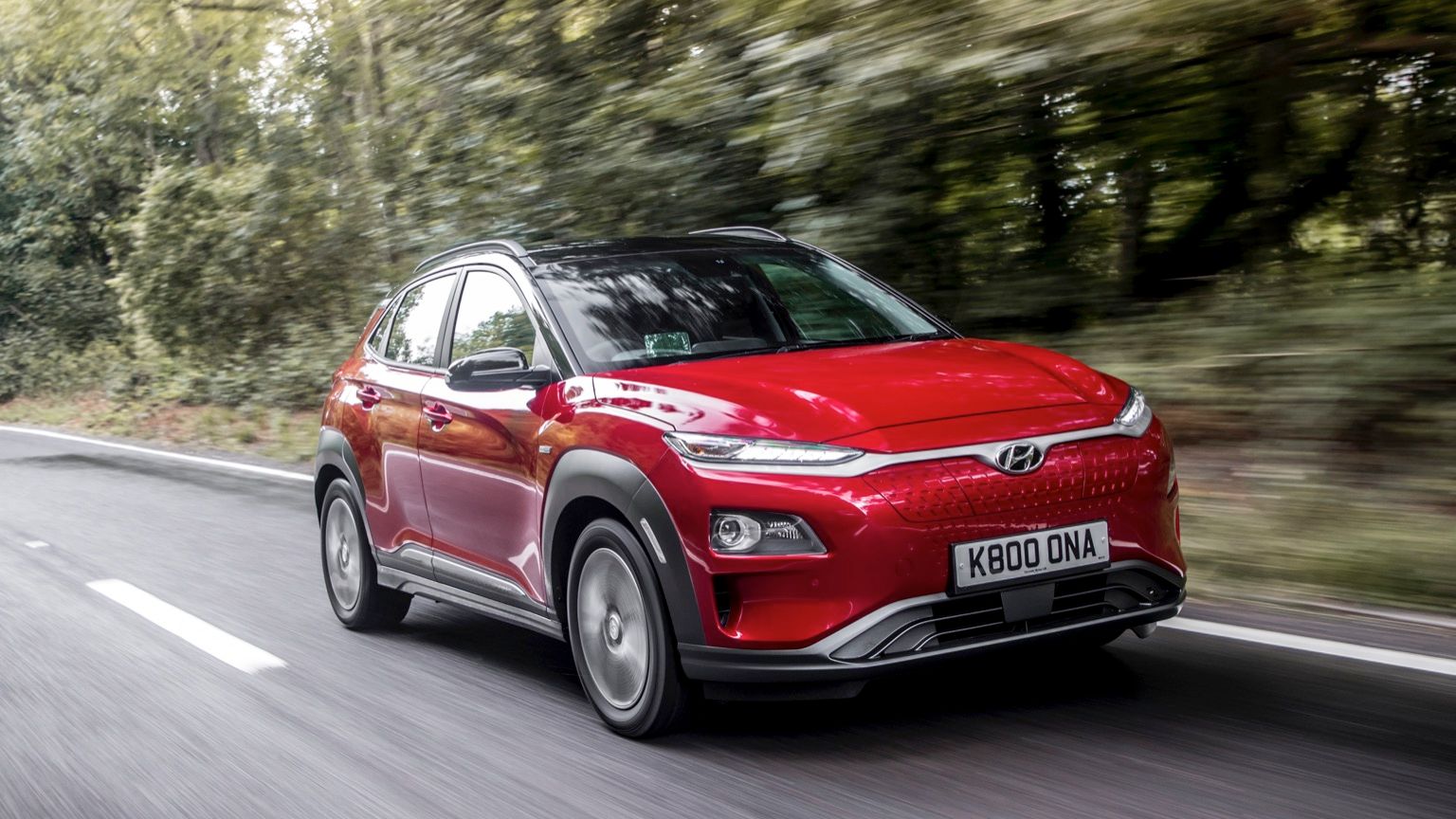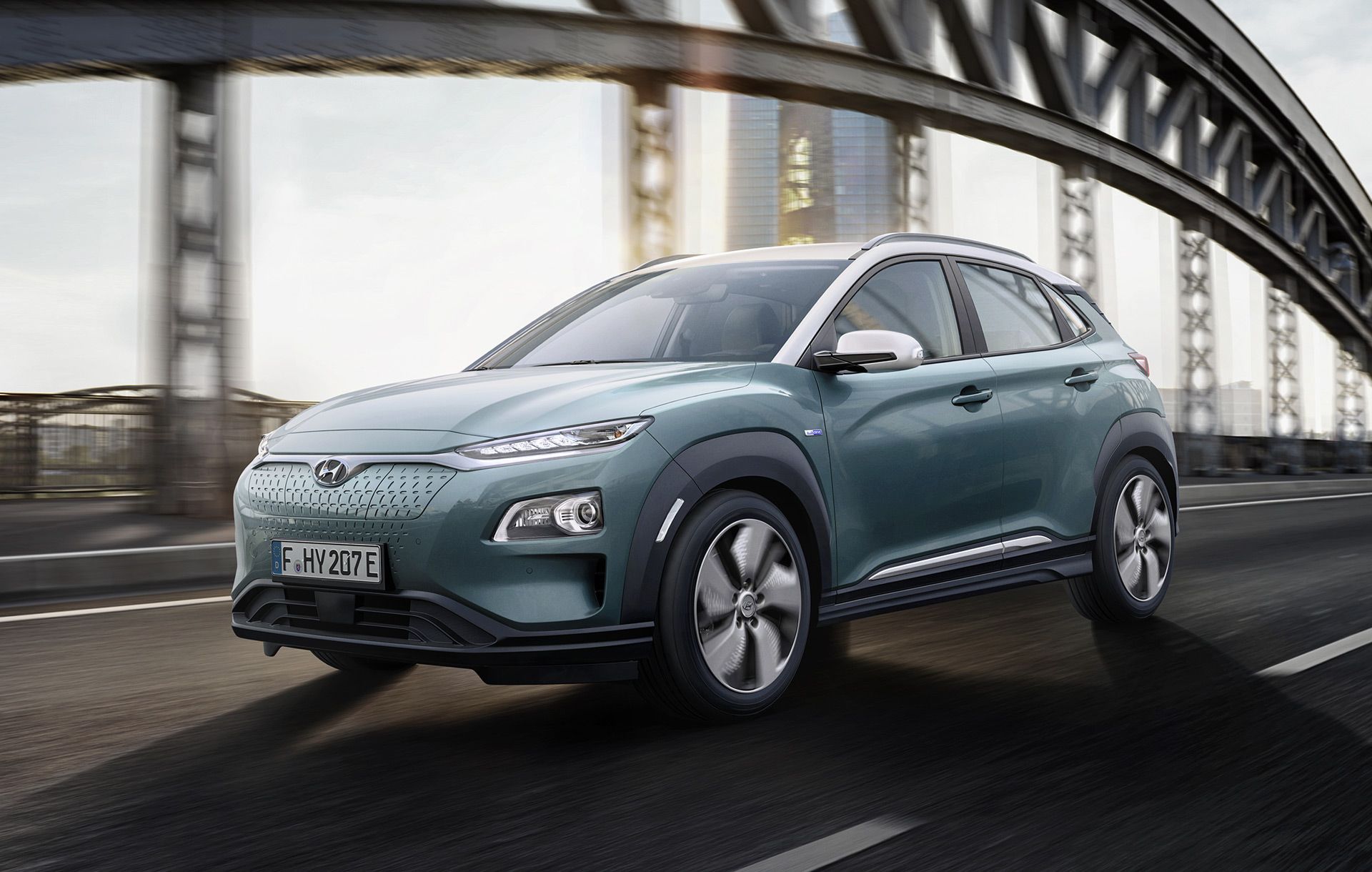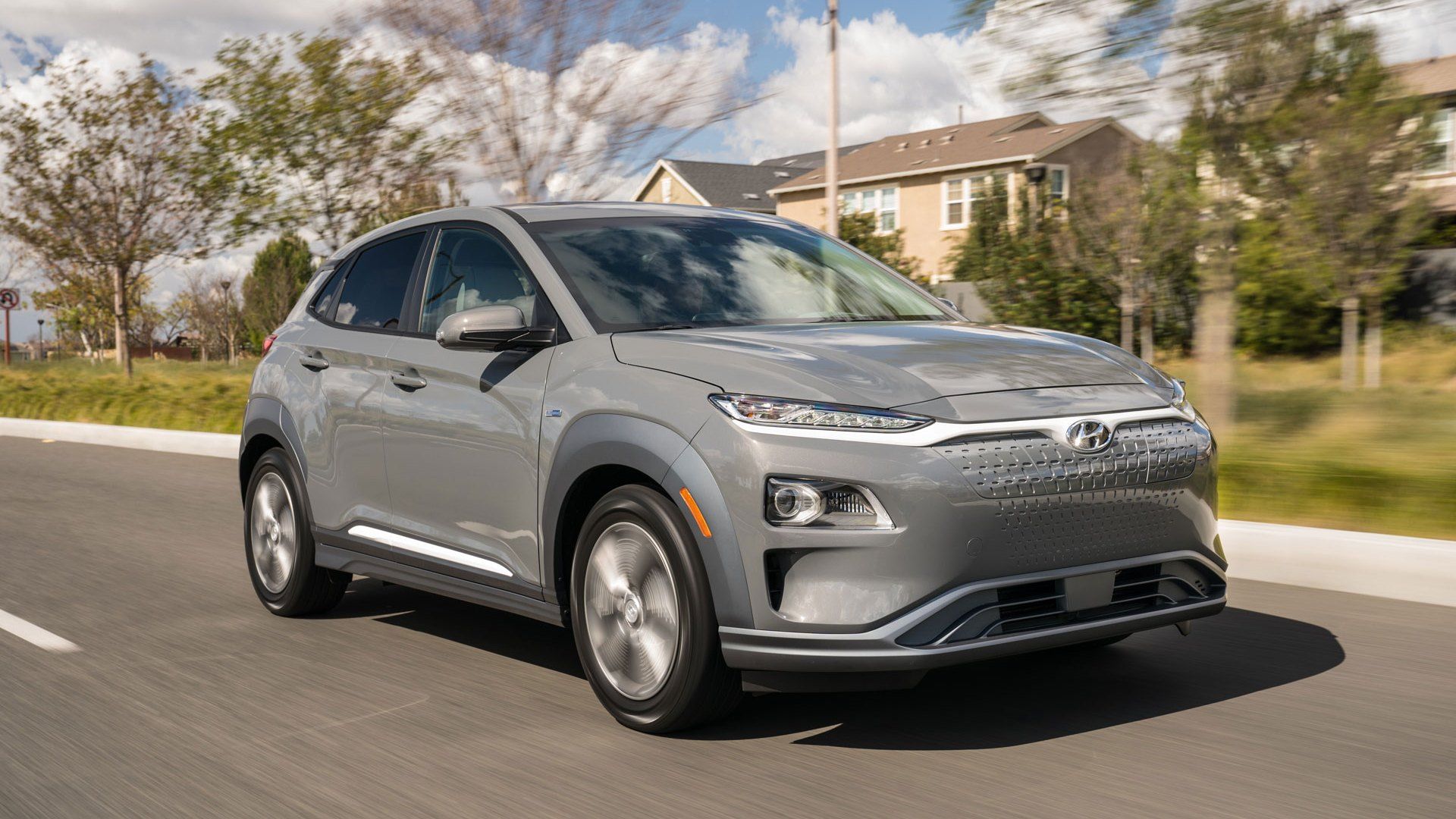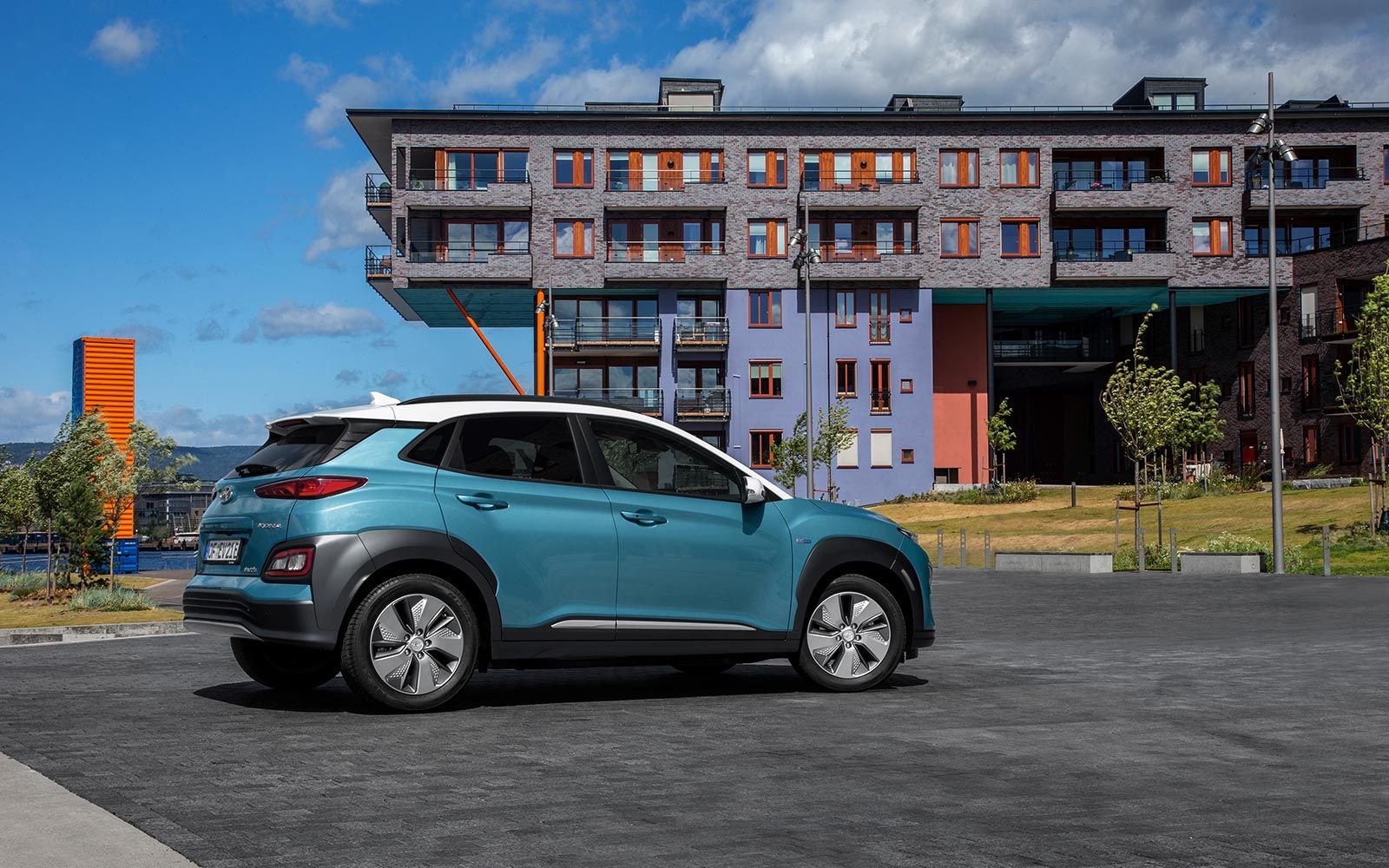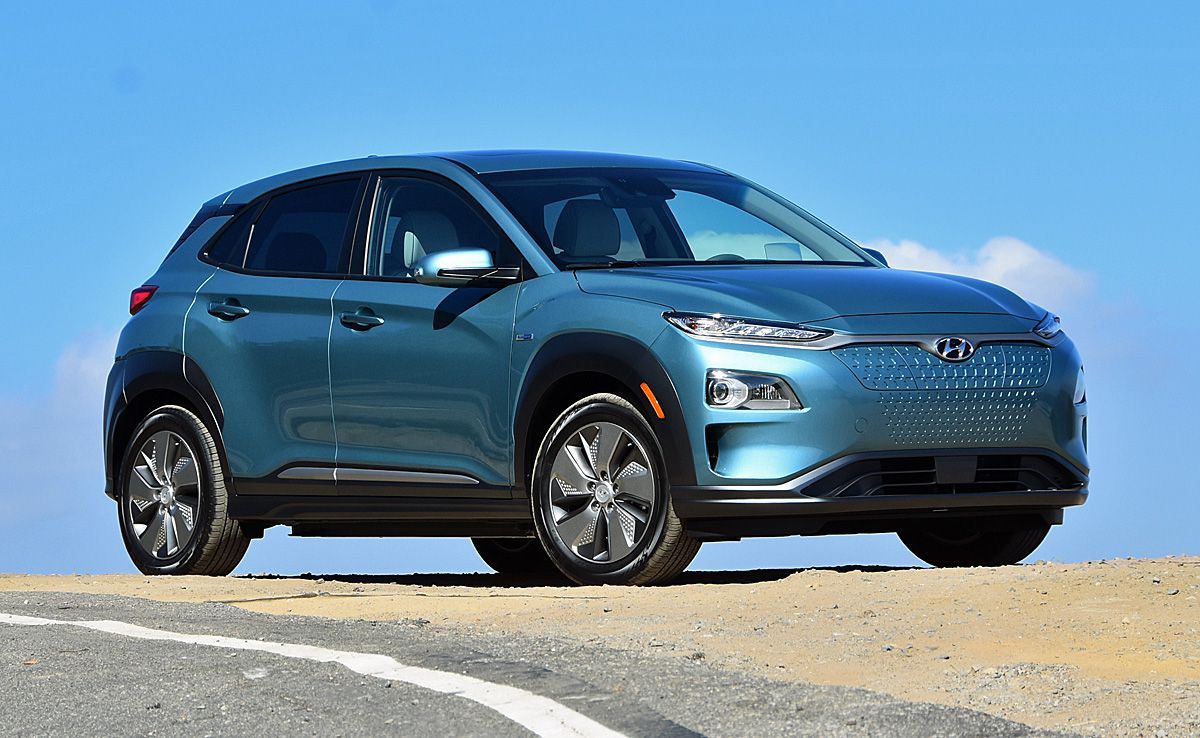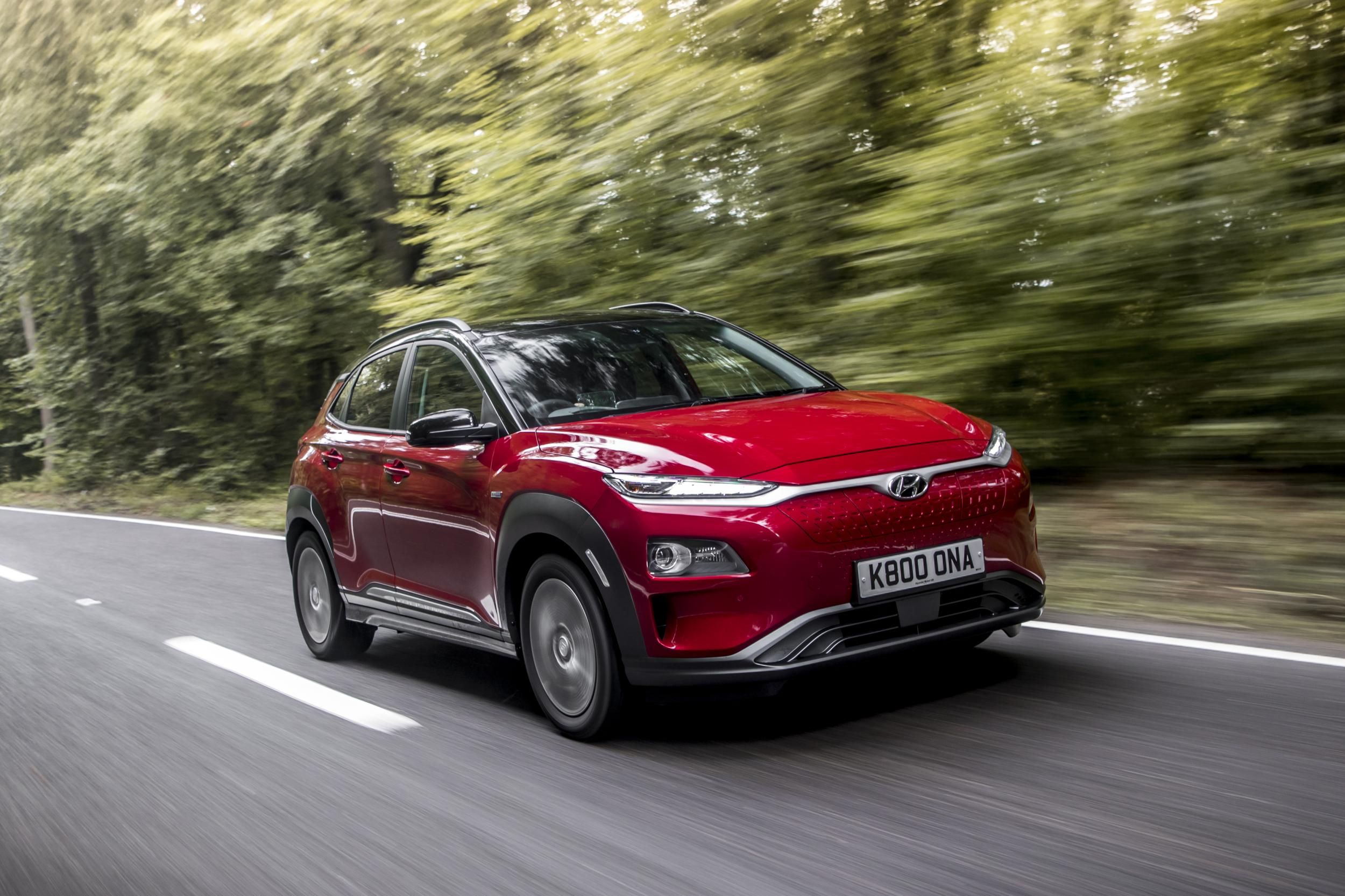In today’s automotive scene, there is a clear shift towards SUVs and pickup trucks. Car buyers, specifically, seem to favor subcompact SUVs in both the brand-new and used car market. Compared to the midsize SUVs, these subcompacts are smaller in size, making them perfect for transporting small families or groups.
Among the carmakers capitalizing on this trend is Hyundai. As you know, Hyundai has had to fix its broken reputation. Since then, however, the company has gained significant traction in the market.
10 Strength: Efficiency
Estimates from the U.S. Department of Energy’s Energy Efficiency & Renewable Energy indicate that the 2020 Kona Electric can achieve 132 MPGe in the city and 108 MPGe on the highway. We’ve also once raved that the Kona has an electric version with a serious range, and we don’t mind doing it again.
After all, we’re talking about a car that can travel 258 miles on a full charge. Because of this, we’re inclined to add the Kona Electric to our list of the most efficient cars for Uber drivers.
9 Weakness: Child Seat Anchor Issues
We’re almost tempted to include the Kona in our list of great cars for new families. However, the Insurance Institute for Highway Safety (IIHS) has given the 2018 to 2020 Kona a marginal rating when it comes to its child seat anchors.
According to the organization, the lower anchors in two of the car’s rear seats were “difficult to maneuver around.” In addition, these were also “too deep in the seat.” We have reason to believe that the Kona Electric suffers from the same issue too.
8 Strength: Charge Time
If you’re using a standard level II charger, the estimated charge time of the 2020 Kona Electric is nine hours and 35 minutes. Meanwhile, the charging is a lot quicker when you’re using a level III charger. Using this, you can charge the car to 80 percent in 75 minutes using a 50kW level III charge.
Even better, that time is reduced to 54 minutes when using a 100kW level III charge. There is also a revolutionary new technology that charges an EV in 10 minutes.
7 Weakness: Headlight Issues
Unfortunately, the Kona has some known night visibility issues, based on tests conducted by the IIHS. The SUV’s SE and SEL trims received a poor rating from the organization. When operating the car on low beams, visibility was found “inadequate” on both sides and on curves.
Meanwhile, when the Kona was using its high beams, visibility was found to be good on the right side but inadequate on the left side. This information is something car buyers should keep in mind because the Kona Electric also offers an SEL trim.
6 Strength: Tech Features
We put the Kona Electric in our list of best EVs you can buy in 2020 for several reasons. One of them is that this SUV is quite a technologically advanced car. For starters, the 2021 Kona Electric features a heads-up display. It readily shows the car’s cruise control, navigation, and speed within the driver’s line of sight.
When using this car, you also don’t have to worry about forgetting your phone charger because the Kona offers wireless device charging. You just have to make sure that your phone is compatible.
5 Weakness: Recall
The Kona Electric is a relatively new model. Nonetheless, it didn’t take long for this SUV to be involved in a recall. So far, there has been one recall made involving the 2020 Kona Electric due to the car’s Gross Axle Weight Rating (GAWR) label. The said label placed on the affected cars was found to be incorrect. Because of this, there is a risk of the vehicle becoming overloaded.
According to a copy of the defect notice filed with the National Highway Traffic Safety Administration (NHTSA), all the affected Kona Electric units were manufactured in the Republic of Korea.
4 Strength: Safety Features
Any driver would be glad to know that the Kona boasts of various safety features that can give you more peace of mind on the road. In the case of the 2021 Kona Electric, all trims come standard with features such as a tire pressure monitoring system with individual tire pressure indicator, blind-spot collision warning, rear cross-traffic warning, lane-keeping assist, and more.
All Kona Electric trims also utilize Hyundai’s driver attention warning system. This system monitors your driving patterns to detect if you’re already inattentive or drowsy. It would then sound off an alert when necessary.
3 Weakness: Steering Issues
Records of complaints involving the 2020 Kona Electric indicate at least two drivers reporting steering issues. One driver reported that the steering wheel has to be held in place so that the car doesn’t go into the next lane when driving on the freeway.
Meanwhile, another complaint stated that the car unexpected accelerated while the driver was shifting to park. While no recall has been issued regarding the steering, there was a manufacturer recall issued involving the replacement of the car’s column-mounted Motor Power Steering system if necessary.
2 Strength: Relatively Cheap
Among today’s cars, the Kona is one of the cheapest options around in the compact SUV segment. The 2021 Kona Electric comes with a starting price of $37,190 for its basic trim. Meanwhile, the midlevel Limited trim comes with a starting price of $41,800.
On the other hand, if you prefer a more luxurious Kona Electric, you can opt for the Ultimate trim. This has a starting price of $45,400. The 2020 Kia Niro EV and 2021 Volkswagen ID.4 have a starting price of $39,090 and $39,995 respectively.
1 Weakness: Tires
The Kona Electric boasts of an impressive range. However, that required a compromise. As Consumer Reports has revealed, Hyundai opted to use low rolling resistance tires on their EV. This may help minimize any energy loss from friction. However, this also means that the car has less grip.
To make matters worse, the Kona Electric is only available as a front-wheel-drive, making it more difficult for the car to maintain traction especially in slippery conditions. Records from the NHTSA reveal that drivers have been complaining about difficulty in controlling the car.

